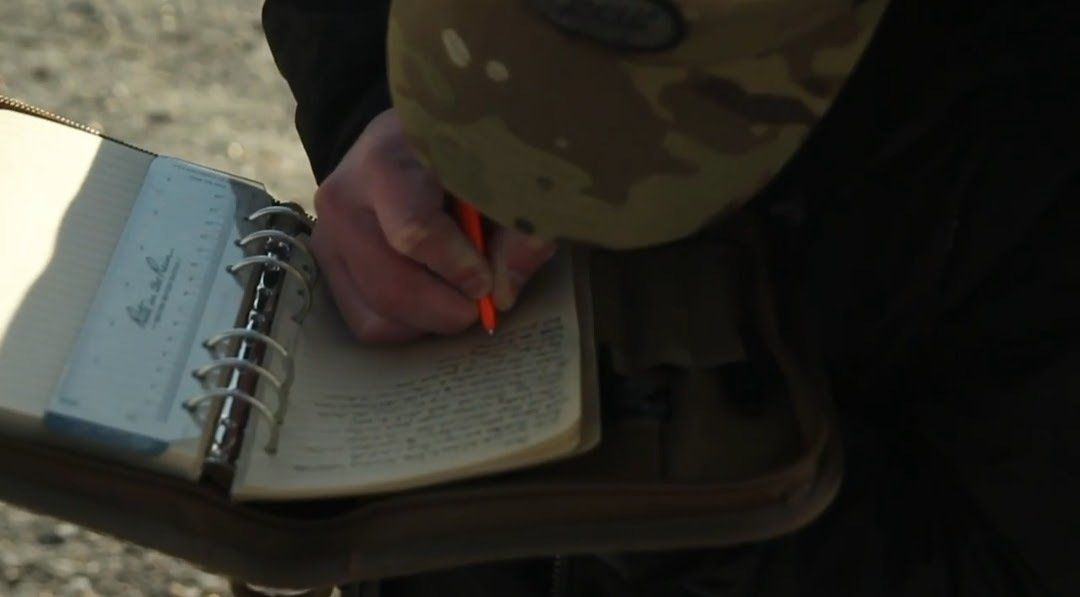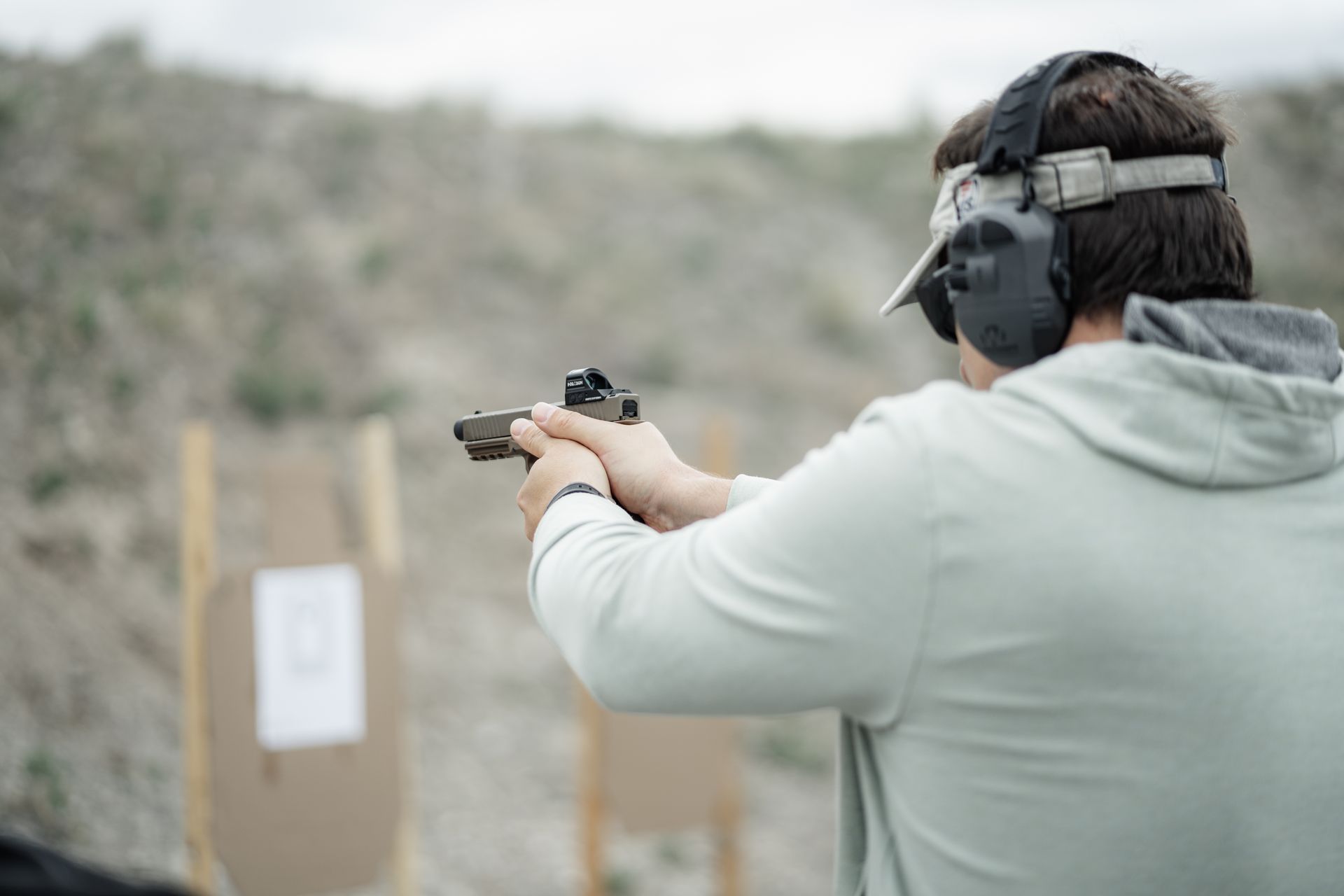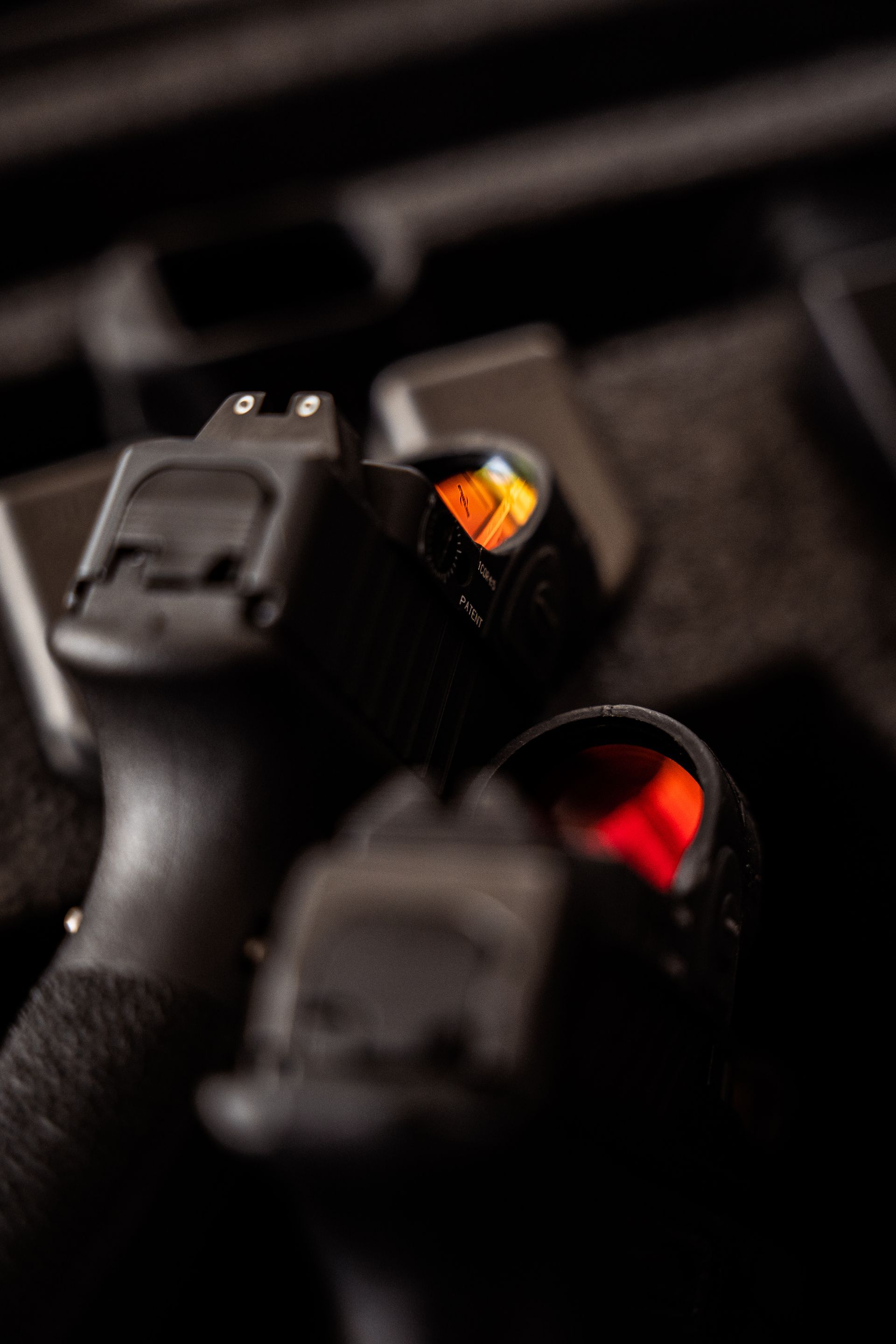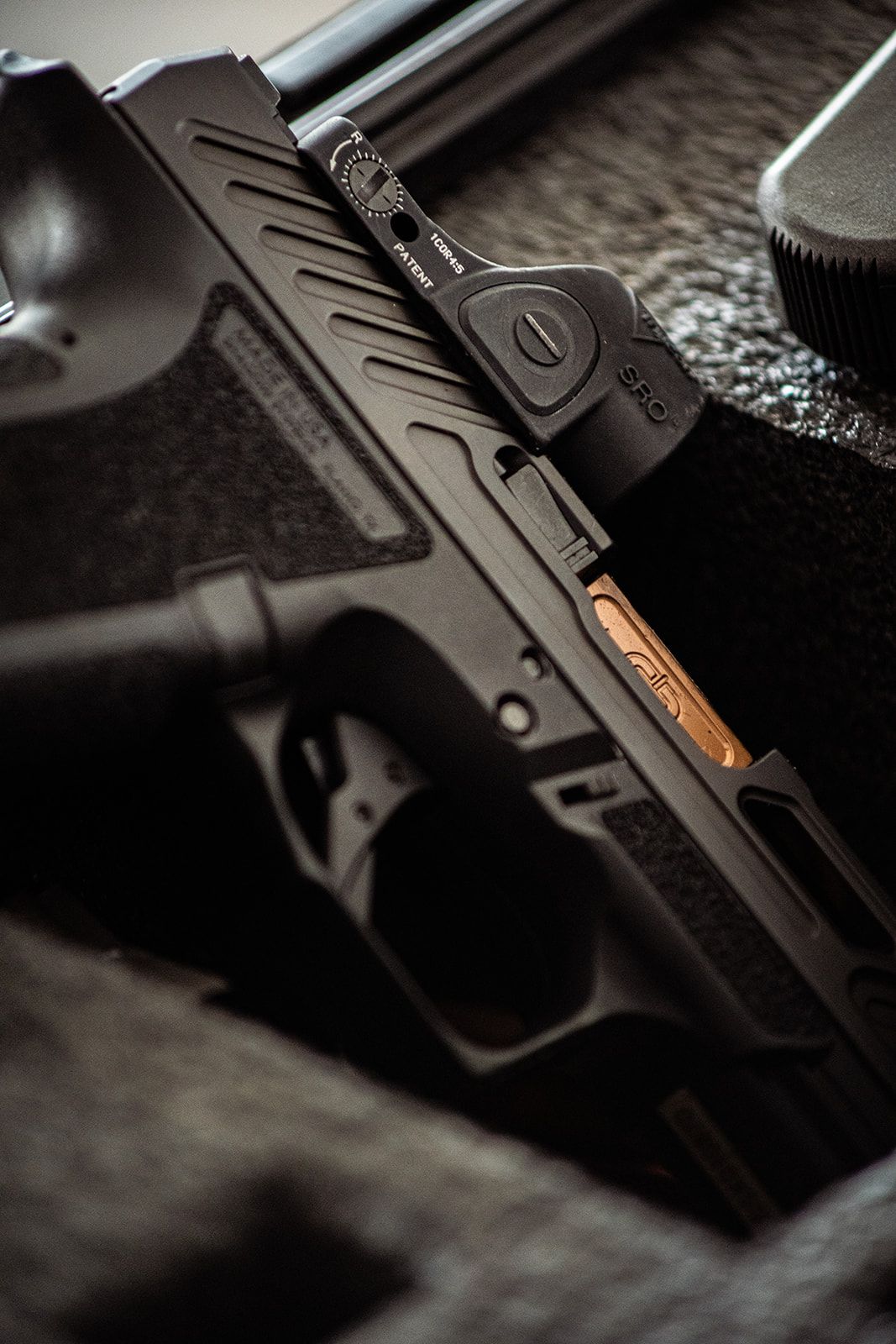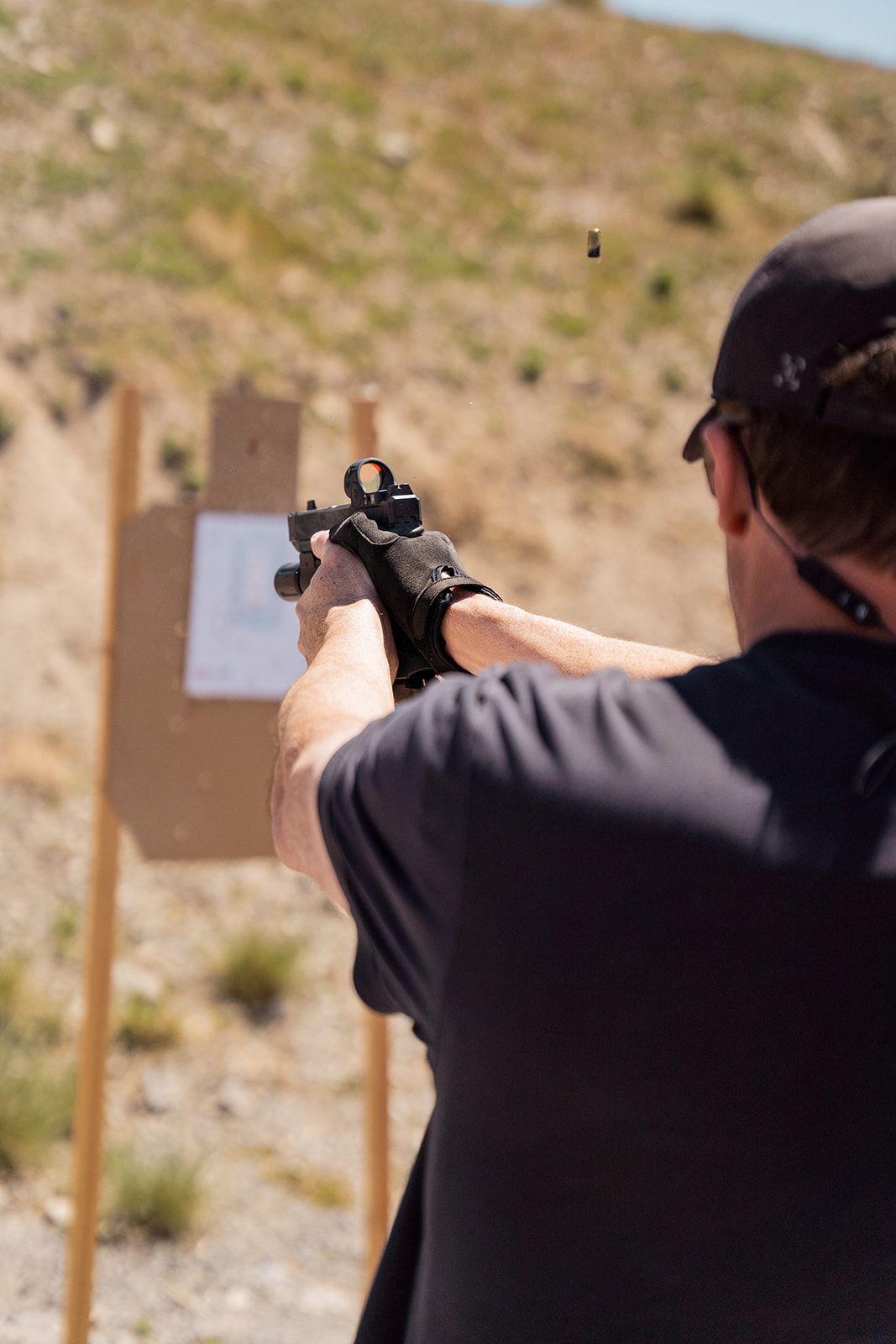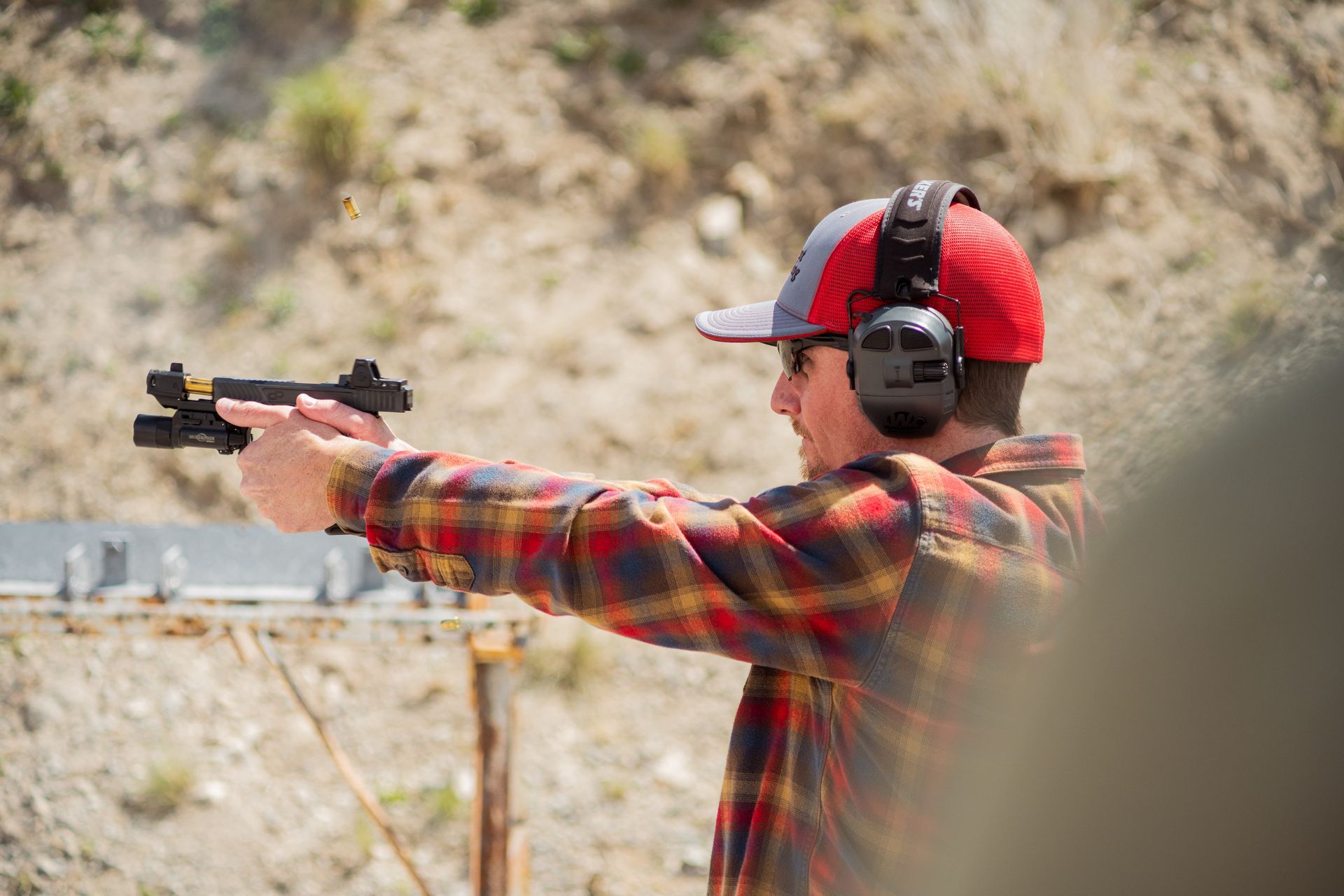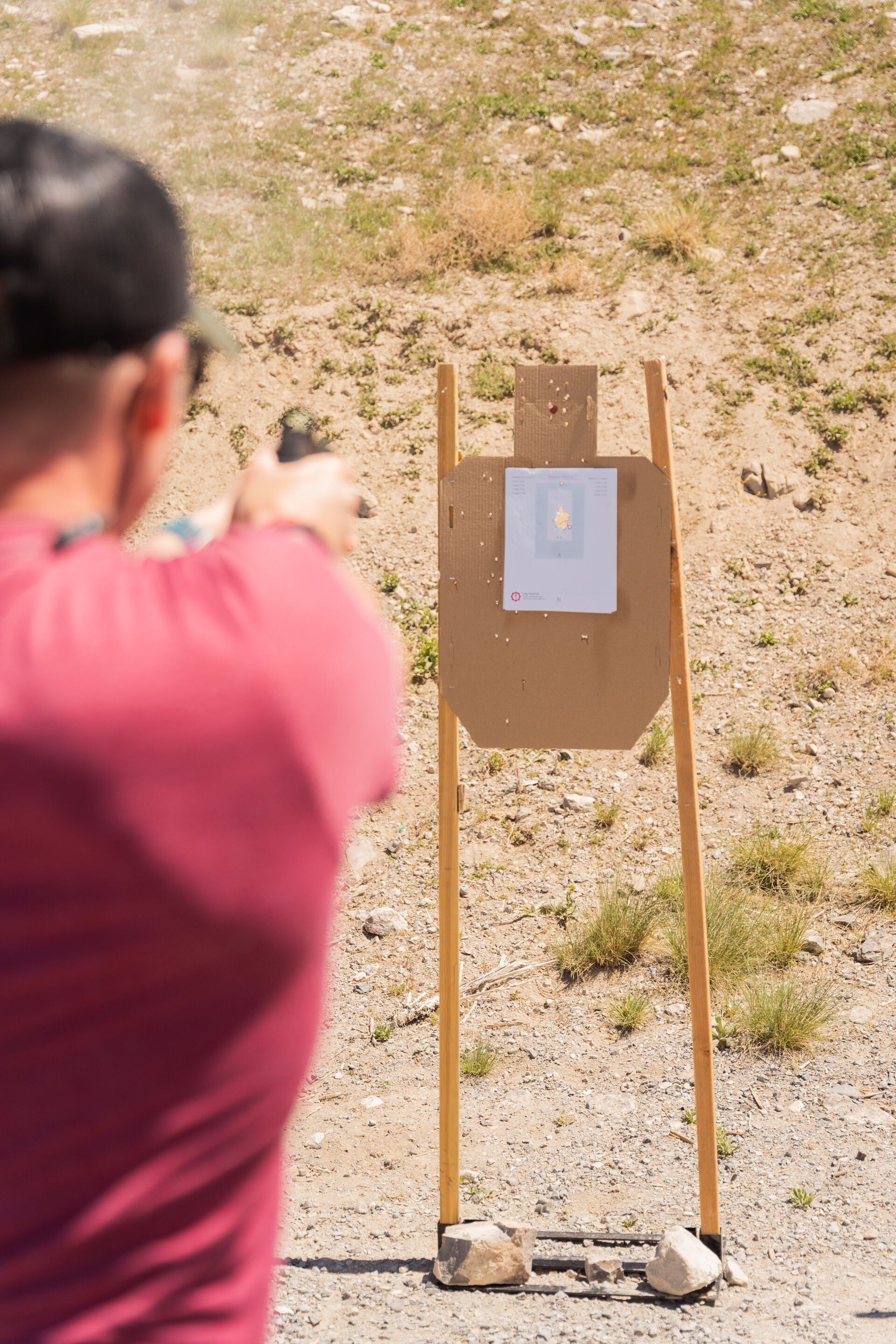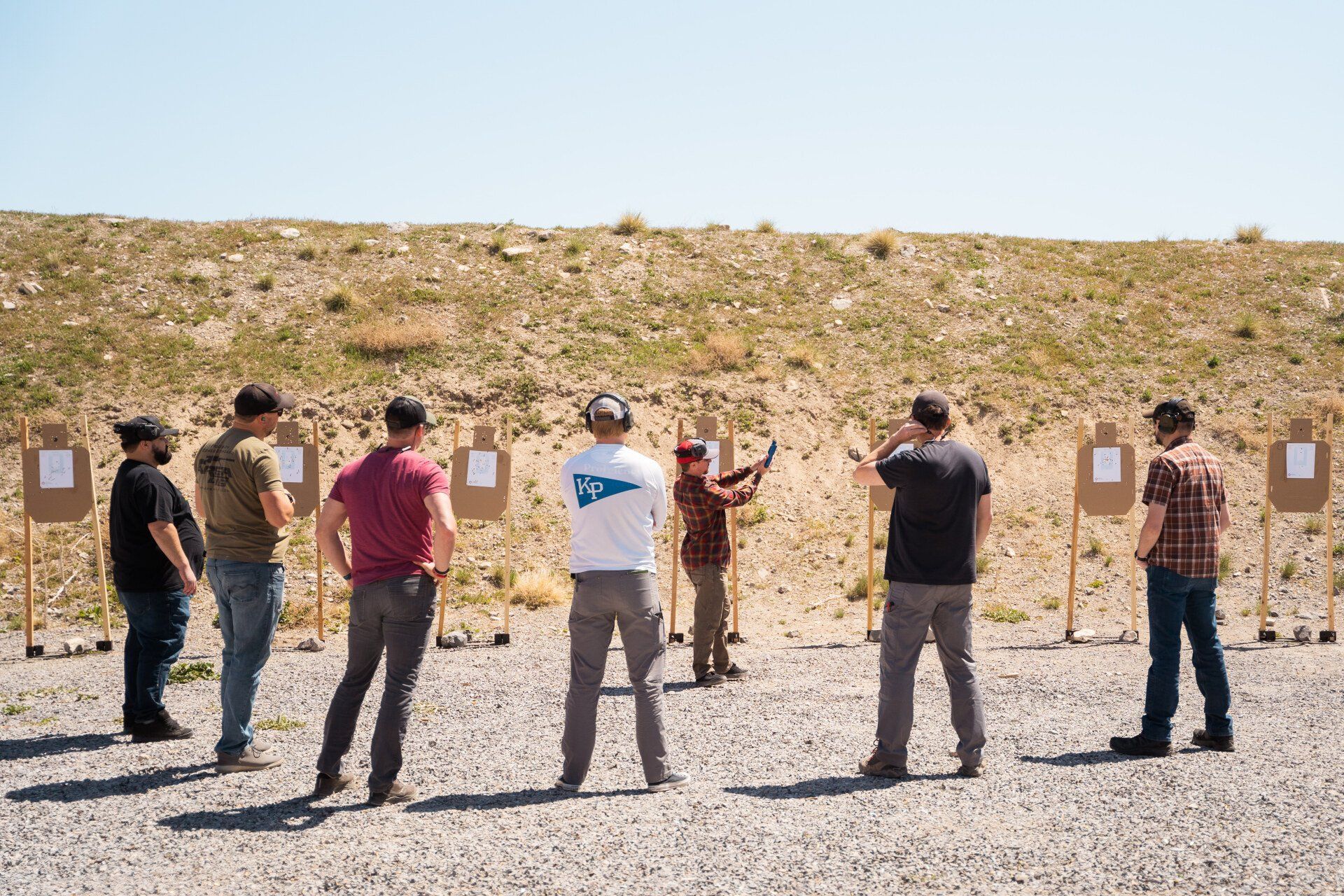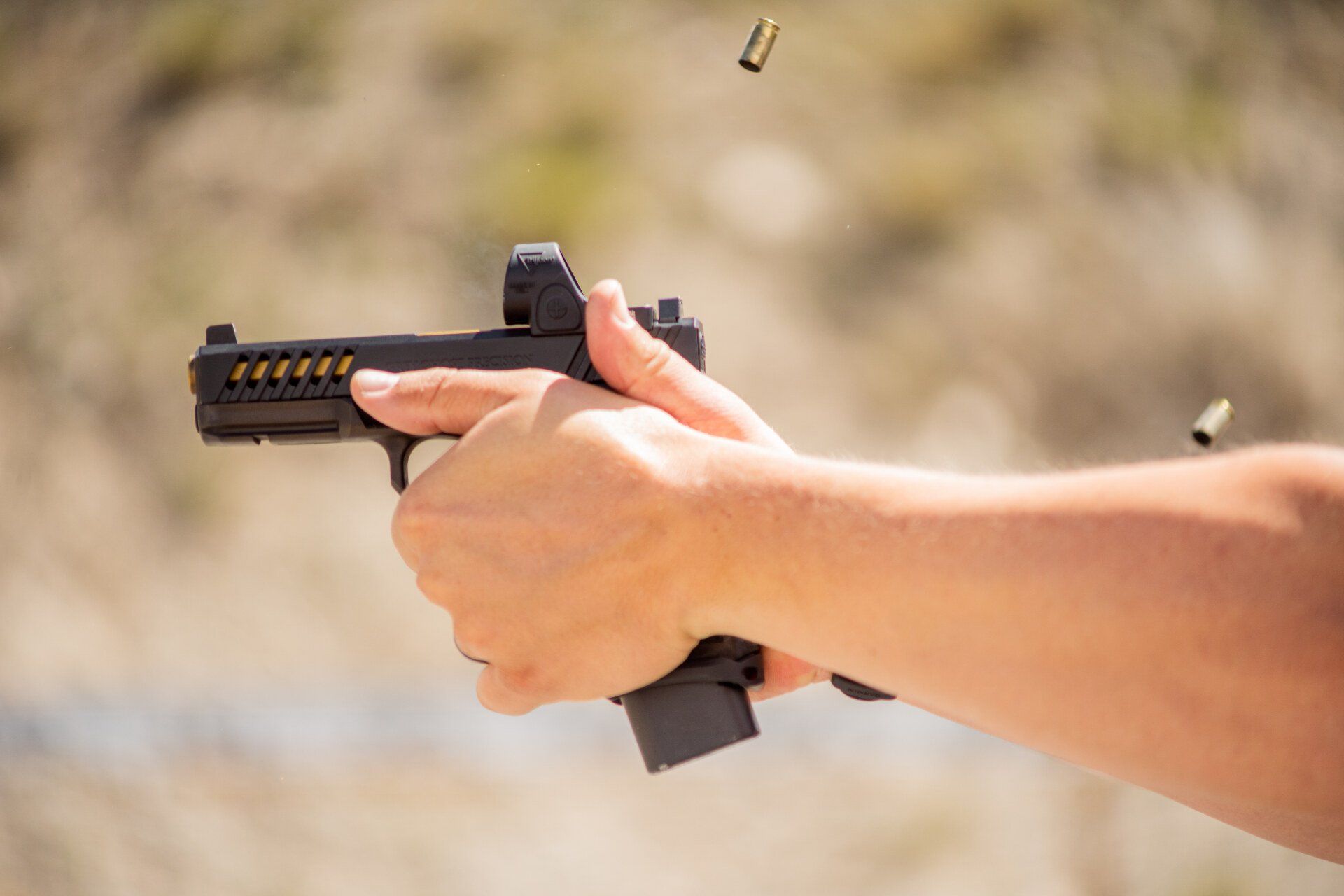Training Versus Practice
Scott Garcia
September 1, 2023
What you need to know about training and practice
Understanding the Difference Between Training and Practice
Introduction:
How often have you heard the terms "training" and "practice" used interchangeably? I'm sure we've all been guilty of using them interchangeably either intentionally or not. While it's true that both activities are important for developing skills, there are some key differences between them, and understanding these differences can help us use our time efficiently.
The Training-Practice Distinction:
We often use the terms training and practice interchangeably, but there is a significant difference between the two.
**Training** is the process of learning how to do something correctly. It involves acquiring knowledge, receiving instruction, and understanding the principles behind a skill or task. In the context of firearm training, this may include attending classes, workshops, or receiving guidance from qualified instructors.
**Practice**, on the other hand, is the act of repeating a skill or motion correctly over and over again. It involves applying the knowledge and techniques learned during training in a repetitive manner to reinforce and improve one's abilities. For handgun owners, practice often takes place at the shooting range, where they work on marksmanship, accuracy, and proficiency.
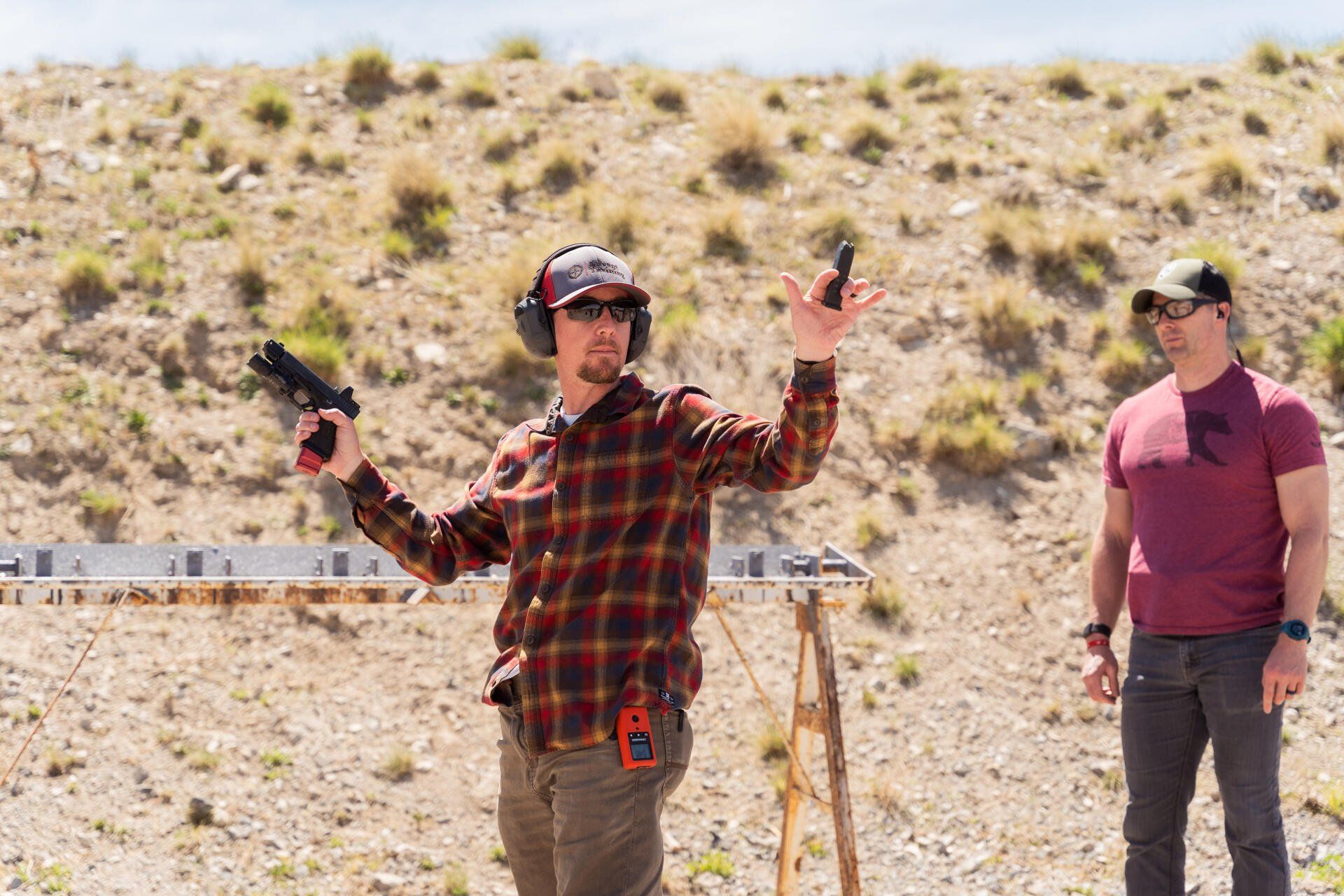
The Importance of Both Training and Practice:
To become a proficient handgun owner, it's crucial to recognize that both training and practice play unique and essential roles in your journey.
**Training** provides the foundation for your skills. It offers you the opportunity to learn from experienced professionals, acquire proper techniques, and understand the principles of safe and responsible firearm use. Training equips you with the knowledge needed to handle your handgun correctly.
**Practice**, on the other hand, allows you to apply what you've learned in a practical setting. It reinforces 'muscle memory', refines your accuracy, and hones your ability to respond effectively under various conditions. Practice is where you develop your shooting skills through repetition and experience.
Making the Most of Training and Practice:
Now that we've distinguished between training and practice, let's explore how you can make the most of both to become a better shooter:
**1. Know When to Train:** Training is best suited for learning new skills, refining existing ones, or addressing specific challenges. Consider training when you want to improve your overall understanding of firearm safety, marksmanship techniques, or self-defense strategies. Seek out qualified instructors or training programs to guide you.
**2. The Role of Practice:** Practice complements your training by providing the opportunity to put your skills into action. After receiving proper training, head to the shooting range to practice regularly. Focus on applying what you've learned, honing your accuracy, and developing muscle memory. The range is where you refine your shooting proficiency.
**3. Effective Time Management:** As a responsible gun owner, you must use your time effectively. Understand when it's time for formal training and when you can invest hours at the range for practice. Striking a balance between the two will help you continuously improve.
Conclusion:
In the world of firearm ownership, the distinction between training and practice is crucial. Training equips you with knowledge, skills, and principles, while practice reinforces those abilities and ensures you can apply them effectively.
By understanding when to seek training and when to dedicate time to practice, you can maximize your efforts and become a safer, more proficient handgun owner. Whether you're a seasoned shooter or just starting, remember that a combination of both training and practice is the key to mastering your skills and ensuring responsible gun ownership.
Follow us on social media to see what we are all about!
